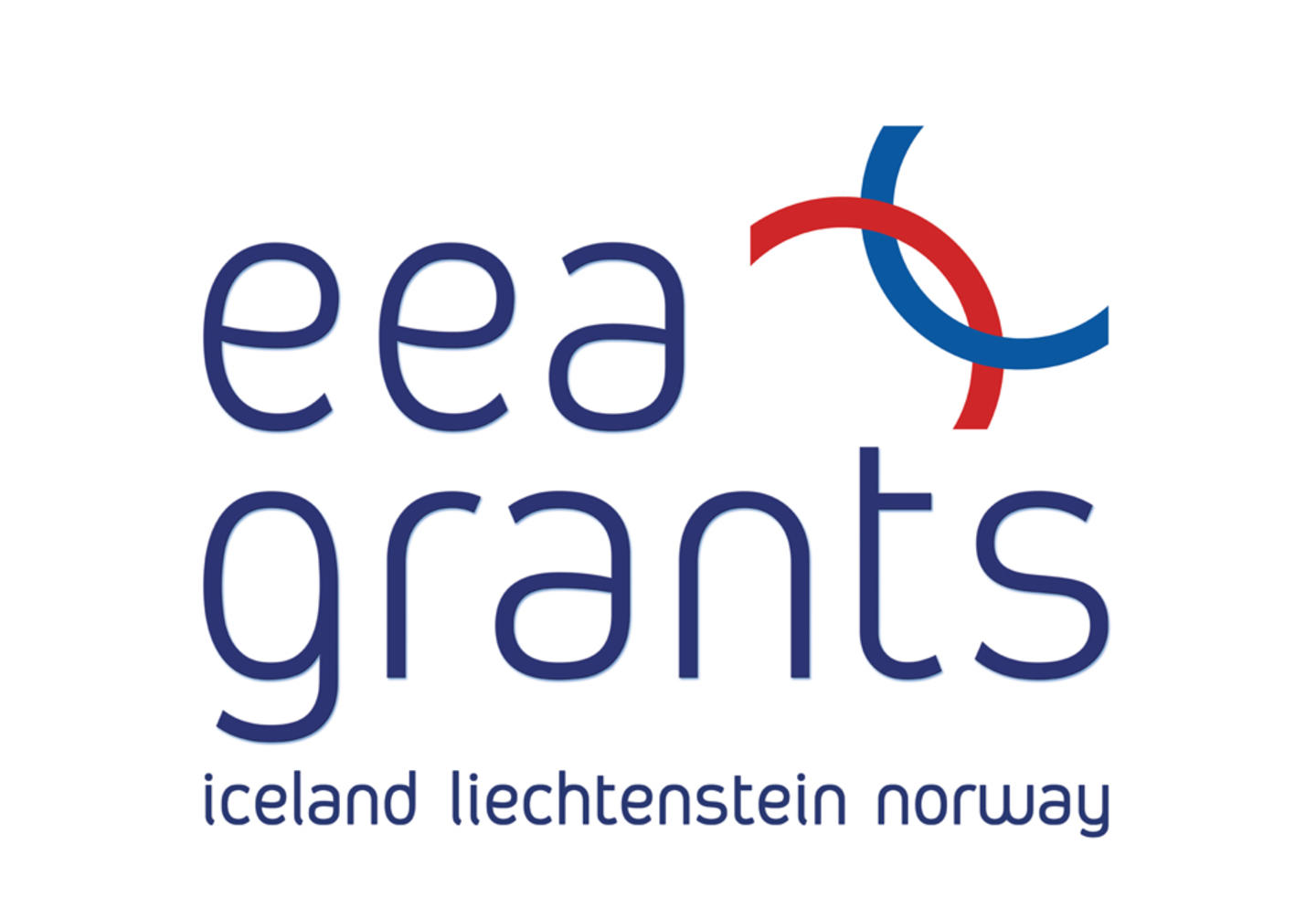In June 2010, Iceland, Liechtenstein and Norway reached agreement with the EU on financial contributions of €988.5 million through the EEA Grants in the period 2009-14, while Norway will contribute an additional €800 million through the Norway Grants. Early September, the beneficiary states were requested to provide views and positions on the draft regulations before the end of October. An open NGO consultation was organised online in the same time period, in which civil society organisations had the opportunity to express their opinions on the matter.
Iceland, Liechtenstein and Norway have until now been in the process of reviewing the comments received. The contributions from the beneficiary states and the NGOs have been important for shaping the regulation in a manner that makes for efficient implementation of programmes and projects. On 13 January, the final regulation text was adopted by the Financial Mechanism Committee, and subsequently endorsed by the Standing Committee to the EFTA States. Close cooperation will now be initiated between the Financial Mechanism Office and the Focal Points in operationalising the rules. The programme approach and the bilateral aspect will be key issues to handle.
The regulation and its annexes are available here.
Programme approach
The EEA Grants 2009-14 will be implemented through a programme approach, as opposed to a project approach in the previous five-year period. In practical terms, this means that Programme Operators will be tasked with implementing programmes within the areas agreed between the donor states and the beneficiary states.
Hence, more responsibility will be delegated to the beneficiary state level, since the donor states will involve themselves at the programme level, but not be involved in the decision making on which projects to support. The aim is to achieve more efficient implementation and more focused support in order to ensure measurable results and higher impact. The Programme Operators will play a key role, while a National Focal Point will continue to have the overall responsibility for implementing the EEA Grants.
Bilateral cooperation
With the new agreements on the EEA Grants and the Norway Grants, strengthening bilateral relations is introduced as a dual goal to that of reducing economic and social disparities in Europe. The regulation caters for this in varying ways. Central is the establishment of Donor Partnership Programmes, where public entities from the donor states will cooperate with entities from the beneficiary states in the planning and implementation of programmes. While the EEA and Norway Grants 2004-09 also saw some 300 partnerships established at the project level, the programme partnerships will give room for more strategic and long-term cooperation.
However, project partnerships will be encouraged also in this new period. Through the new regulation, special funds will be set up in the beneficiary states in order to cater for networking, finding partners, exchange of experiences and establishing partnerships.. Such seed money will be available both at the national level through the Focal Points and under each programme.
New features
Among the other new features of the EEA Grants are:
- Pre-defined projects. The donors can agree to pre-defined projects within a programme, which are not subject to calls for funding.
- Increased threshold. The normal threshold for projects will be minimum €1 million, up from €250,000 in the previous period, but there may be lower thresholds for civil society, exchange in culture and arts, scholarships and research projects.
- Small grant schemes. Within programmes small grant schemes can be established to cater for needs for smaller projects. Small grant schemes can maximum take up 20% of a programme and projects may be awarded grants up to €250,000.
- Reserve funds. A minimum 5% of the allocation set aside for funds to react to unforeseen developments in the beneficiary states. The donor states and beneficiary states may also agree to set aside a maximum of 10% of the total allocation to the completion of projects supported under the EEA Grants 2004-09.
Norway Grants
The Norwegian Ministry of Foreign Affairs is currently concluding its final adjustments to the regulation on the implementation of the Norway Grants for the 2009-2014 funding period. The new regulation will be finalised shortly, and will for most practical purposes be in line with the regulation for the EEA Grants.
